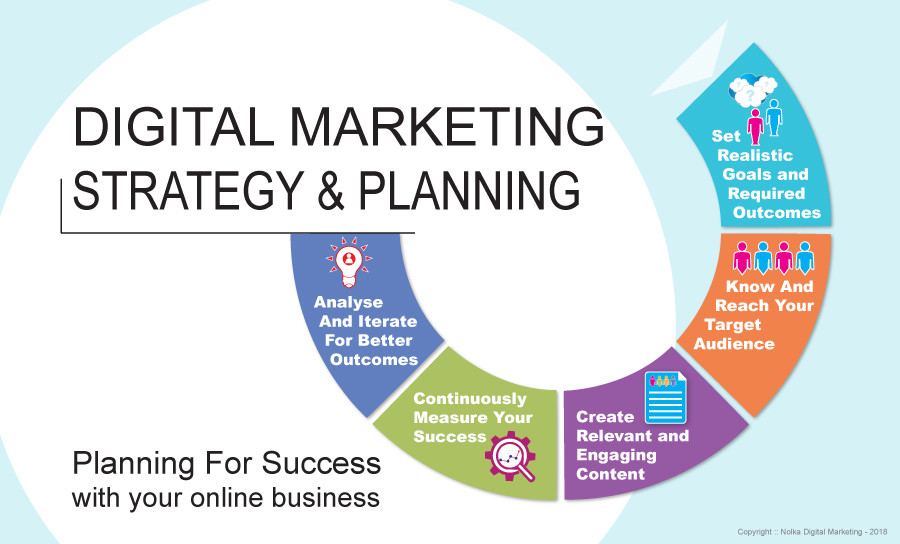Setting realistic goals is an important aspect of any successful digital marketing campaign. It’s essential to determine what you want to achieve, how you’re going to measure success, and when you expect to see results. In this article, we’ll provide you with some tips on how to set realistic goals for your digital marketing campaigns.
- Determine your key performance indicators (KPIs)
Before you can set goals, you need to identify the metrics that matter most to your business. These are your key performance indicators or KPIs. Depending on your business goals, your KPIs could include website traffic, lead generation, sales revenue, or customer retention. Once you’ve identified your KPIs, you can set specific targets to achieve. - Define your budget and timeline
Your budget and timeline will play a significant role in determining the scope and scale of your digital marketing campaign. Define your budget and timeline upfront, so you know what resources you have available and how long you have to achieve your goals. Make sure your goals are achievable within your budget and timeline. - Set specific, measurable, achievable, relevant, and time-bound (SMART) goals
To ensure your goals are clear and achievable, use the SMART framework. SMART stands for specific, measurable, achievable, relevant, and time-bound. Specific goals are clear and unambiguous. Measurable goals can be tracked and quantified. Achievable goals are realistic and can be accomplished with available resources. Relevant goals align with your business objectives. Time-bound goals have a clear deadline for completion. - Align your goals with your business objectives
Your digital marketing goals should be aligned with your overall business objectives. Your marketing goals should support your business goals and help you achieve them. For example, if your business goal is to increase sales revenue, your marketing goal could be to generate more leads and conversions. - Monitor and adjust your goals as needed
Once you’ve set your goals, it’s important to track your progress and make adjustments as needed. Regularly review your KPIs and measure your success against your targets. If you’re not making progress towards your goals, identify what’s holding you back and adjust your strategy accordingly.
In conclusion, setting realistic goals is a critical part of any digital marketing campaign. By determining your KPIs, defining your budget and timeline, using the SMART framework, aligning your goals with your business objectives, and monitoring and adjusting your goals as needed, you can set yourself up for success and achieve the results you’re looking for.




